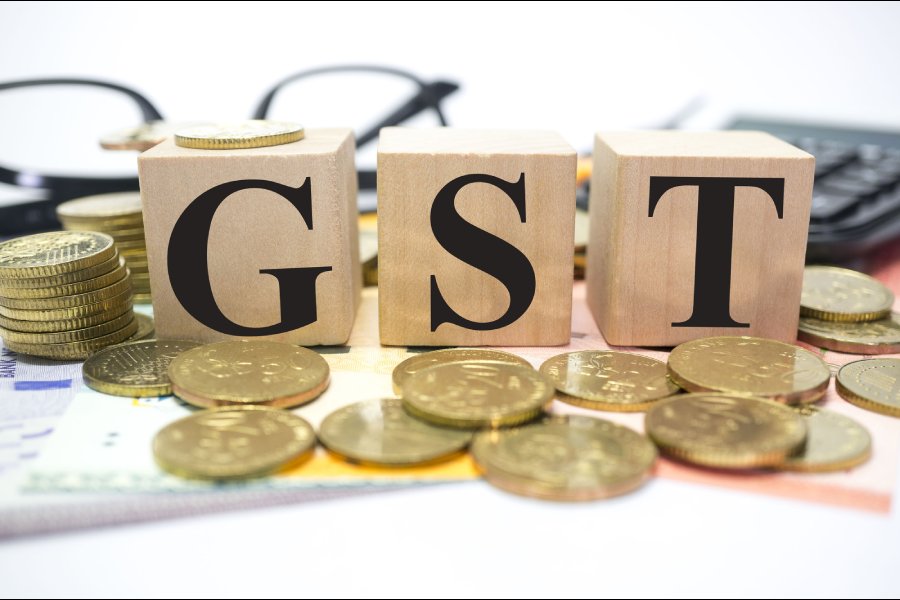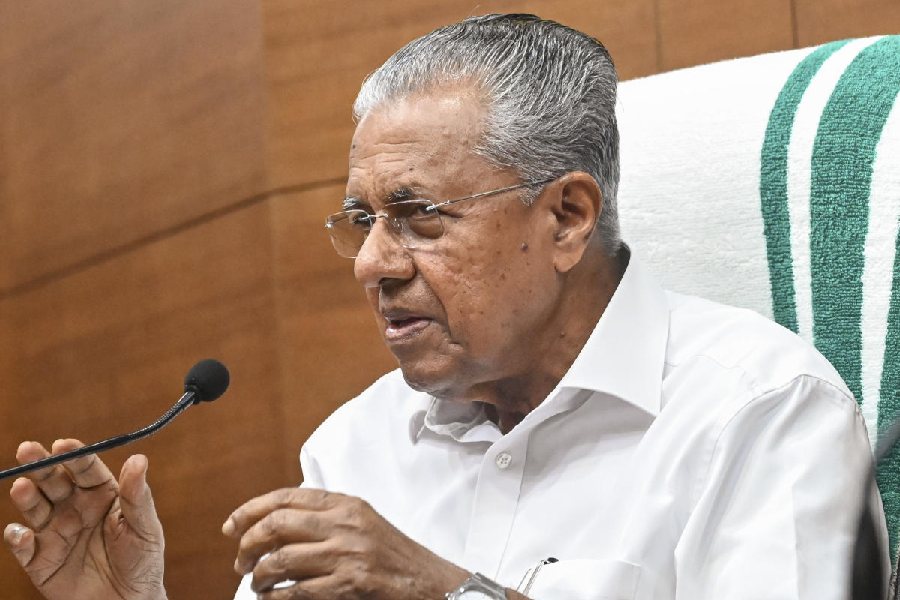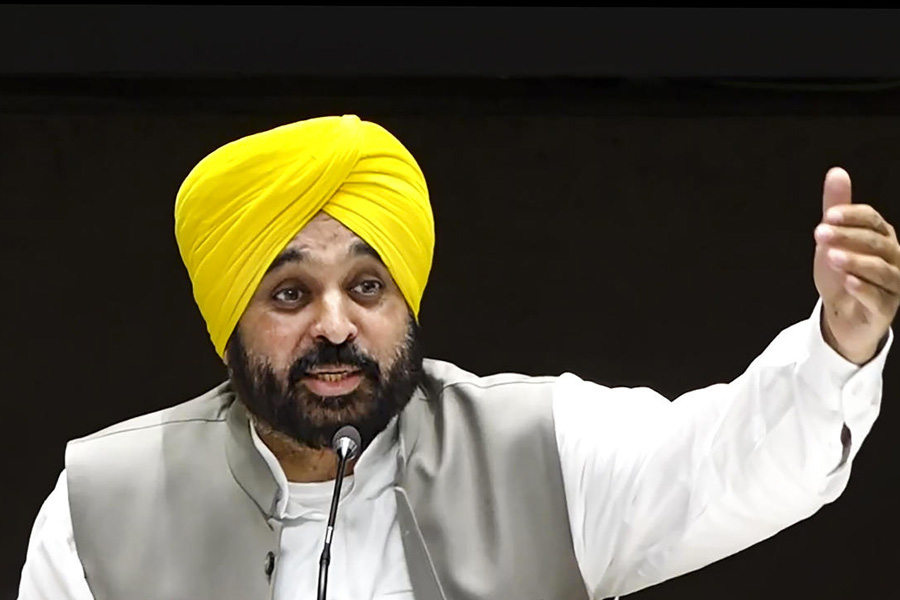The government has extended the deadline to May 31 for Goods Transport Agencies to exercise the option of paying GST on forward charge basis for current fiscal.
Under GST, Goods Transport Agencies have the option to collect and pay GST on forward charge basis. If they do not opt to do so, the liability to pay the tax gets transferred to the recipient of the service, under reverse charge mechanism.
To opt for paying Goods and Services Tax (GST) under forward charge basis at the rate of 12 per cent (with input tax credit) and 5 per cent (without ITC benefits) in a fiscal, a Goods Transport Agency (GTA) has to fill a form (Annexure V) by March 15 of the preceding financial year.
In an amendment to the GST Act, the finance ministry in May said "the option for the Financial Year 2023-2024 (by a GTA) shall be exercised on or before the 31st May".
Any entity providing service of goods transport by road and issuing a consignment note for the purpose is defined as GTA under GST, which came into effect from July 1, 2017.
The amendment further said that a GTA who commences new business or crosses threshold for registration during any financial year, may exercise the option to itself pay GST on the services supplied by it during that financial year by making a declaration in Annexure V before 45 days from the date of applying for GST registration or one month from the date of obtaining registration, whichever is later.
AMRG & Associates Senior Partner Rajat Mohan said GTA has the option to pay tax either on forward charge or reverse charge and both mechanisms have their own pros and cons.
Forward charge permits a taxpayer to use tax credit and pay tax only on the differential value added. Reverse charge would obliviate the need to keep detailed records for payment of taxes and would also free up working capital blocked in taxes, Mohan added.
Except for the headline, this story has not been edited by The Telegraph Online staff and has been published from a syndicated feed.











